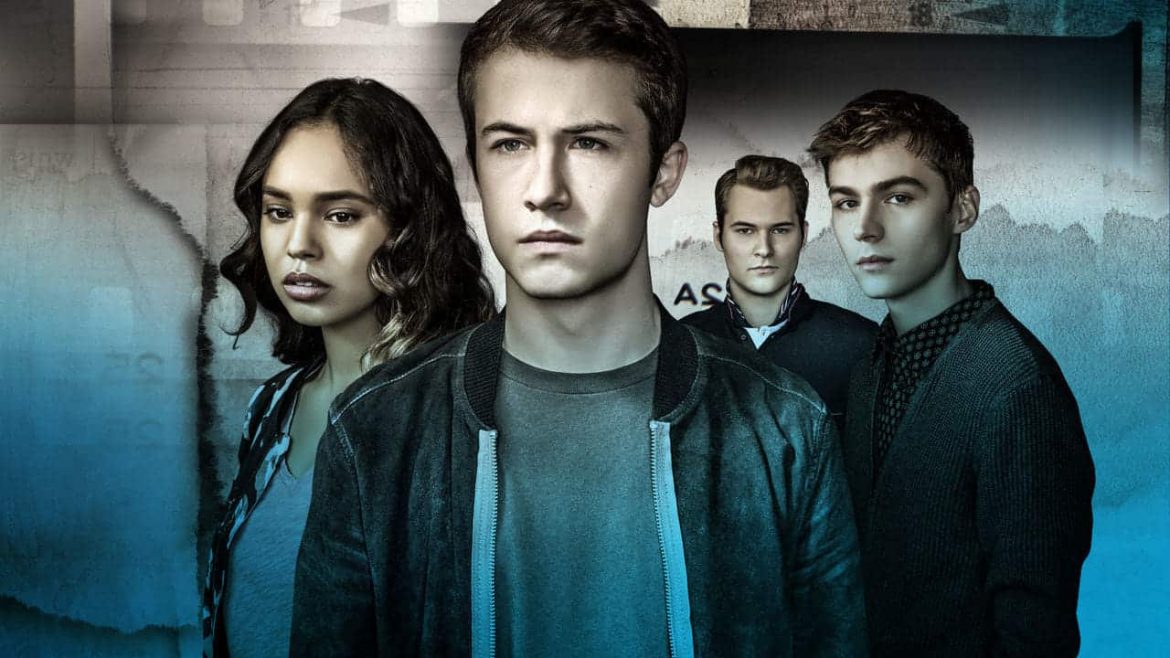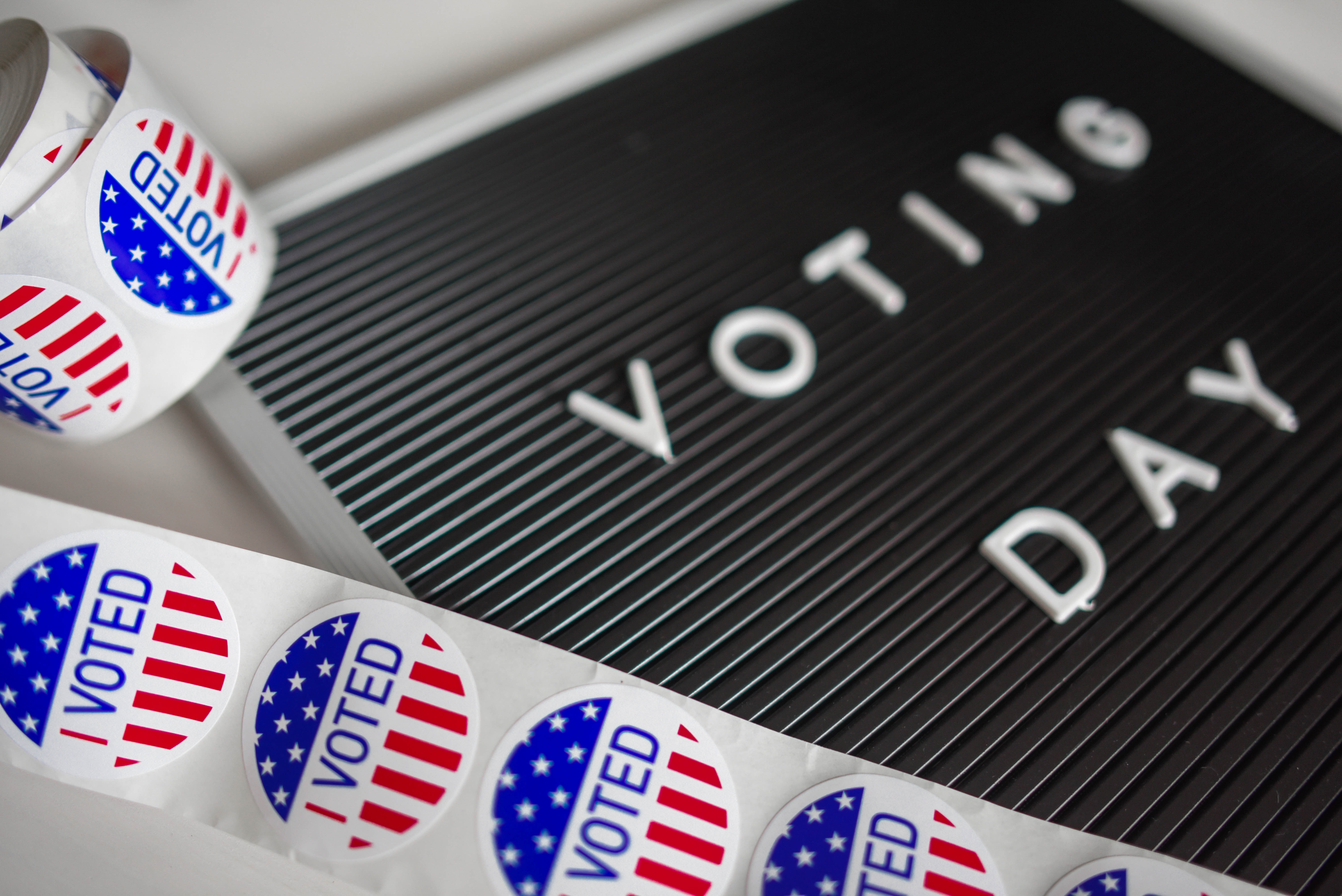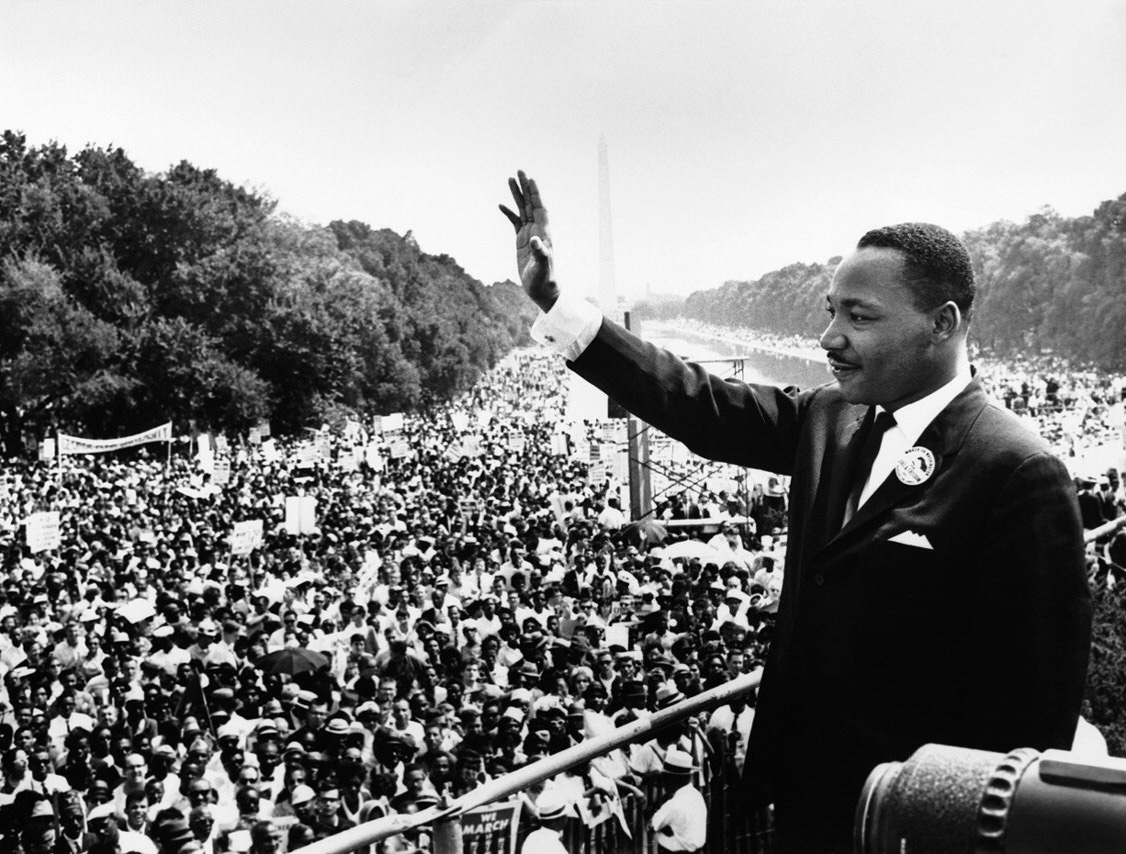Editor’s Note: SPOILER ALERT
Books that become films or television series seem to always excite fans. They’re ecstatic to see the characters they loved in live-action. That does not seem to be the case for Jay Asher’s novel now widely known as the Netflix original “13 Reasons Why.” The novel came out in October 2007 and received mixed reviews. Personally, I enjoyed the book but, then again, I read the book when I was 13 and going through a really intense emo phase. I guess that really does not account for much. The corresponding show premiered on March 31, 2017. It was instantly a hit, so much so, that the show’s third season recently premiered on August 23.
Although to many viewers, this show can be extremely problematic. If anything, it is only harming the audience it claims to protect. “13 Reasons Why” had a goal in mind when creating a show that was to get people talking about teen suicide, bullying and sexual assault, but it completely misses the mark. When the show first aired, I was totally against watching it because it did not look like the book I remembered. Disappointed, I tried to avoid the content of the show.
I ended up being curious, so I watched the entire first season and then the second season. A small percentage of people who view the show go in knowing that it’s problematic but they watch it anyway just to talk trash about it. These types of viewers are called “hate watchers,” and “13 Reasons Why” has picked up a lot of those the past three seasons.
These fans often get into arguments over various social media defending the show, and its so-called message that it is supposed to be spreading.
A big message that this show automatically sends in the first season is the romanization of Hannah Baker’s suicide.
Hannah believes that her classmates have contributed to her death; it is like she’s getting what she wanted which is a very twisted form of justice. Clay Jensen, played by Dylan Minnette, utters the line, “I cost a girl her life because I was afraid to love her.” This line is fairly ignorant and could send a dangerous message to young teenage girls watching. Throughout the series, Clay and Hannah’s relationship with one another is the perfect example of romanticized suicide.
The show also relies on a very narrow narrative it implies that if you’re getting bullied, that it’s going to lead to suicide. I very much disagree being that many people, including myself, got bullied and no one thing can lead to anyone’s suicide. This brings me back to Hannah’s tapes, she is directly pinning her death on 13 people and these people alone. On top of the awful narrative, there is little explanation or psychology behind suicide.
The show provides no real answers to any of these question and instead leaves us with undeveloped, stereotypical characters.
The tapes are supposed to provide an insight into the mind of Hannah before her death. I wanted Hannah’s character to be complicated and to provide the viewers with layers and explanations, sadly I interpreted Hannah as someone who was only really worried about where she stood in high school.
Hannah Baker gets her last laugh. Someone vulnerable enough might watch this series and think, “I can get what I want in the end if I do this.” A study showed that in the month following the release of “13 Reasons Why,” a spike in teenage male suicide occurred going up by 28.9%. For many viewers, they feel that this show has impacted them and their own mental health negatively.
The show premiered when I was a senior in high school, and when I finally got around to watching it every over dramatic thing that one of the characters said reminded me of those people. The people who continuously dragged others down for being different, the people who only did care about where they stood in the hierarchy of high school. My peers, similar to Hannah Baker’s, were capable of some downright nasty things.
“13 Reasons Why” prides itself on being a realistic show for young adults and teenagers, but in my opinion, it could not be farther removed from reality. Unfortunately, this problematic series is not as deep and complex as Netflix would like to have its viewers think.







